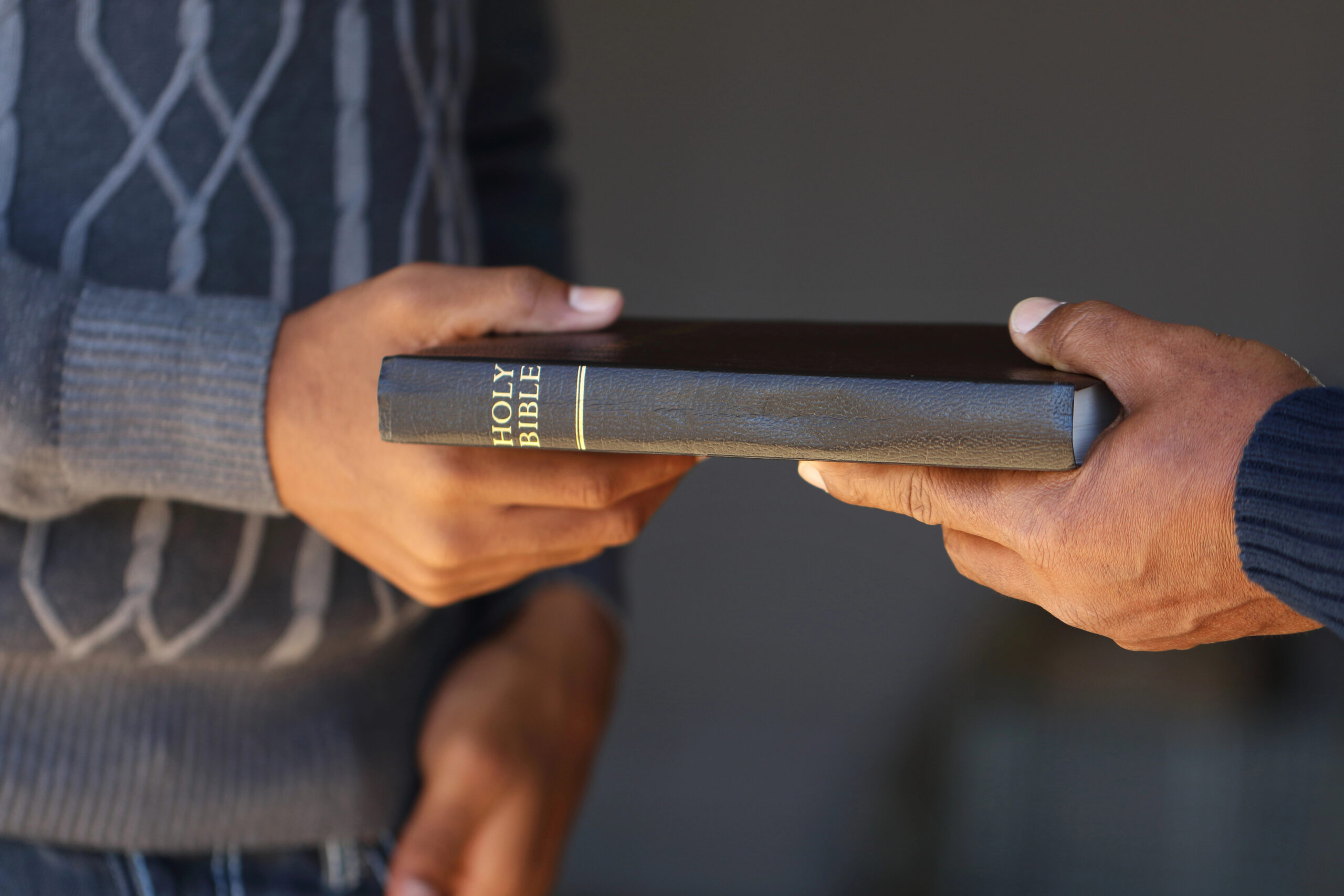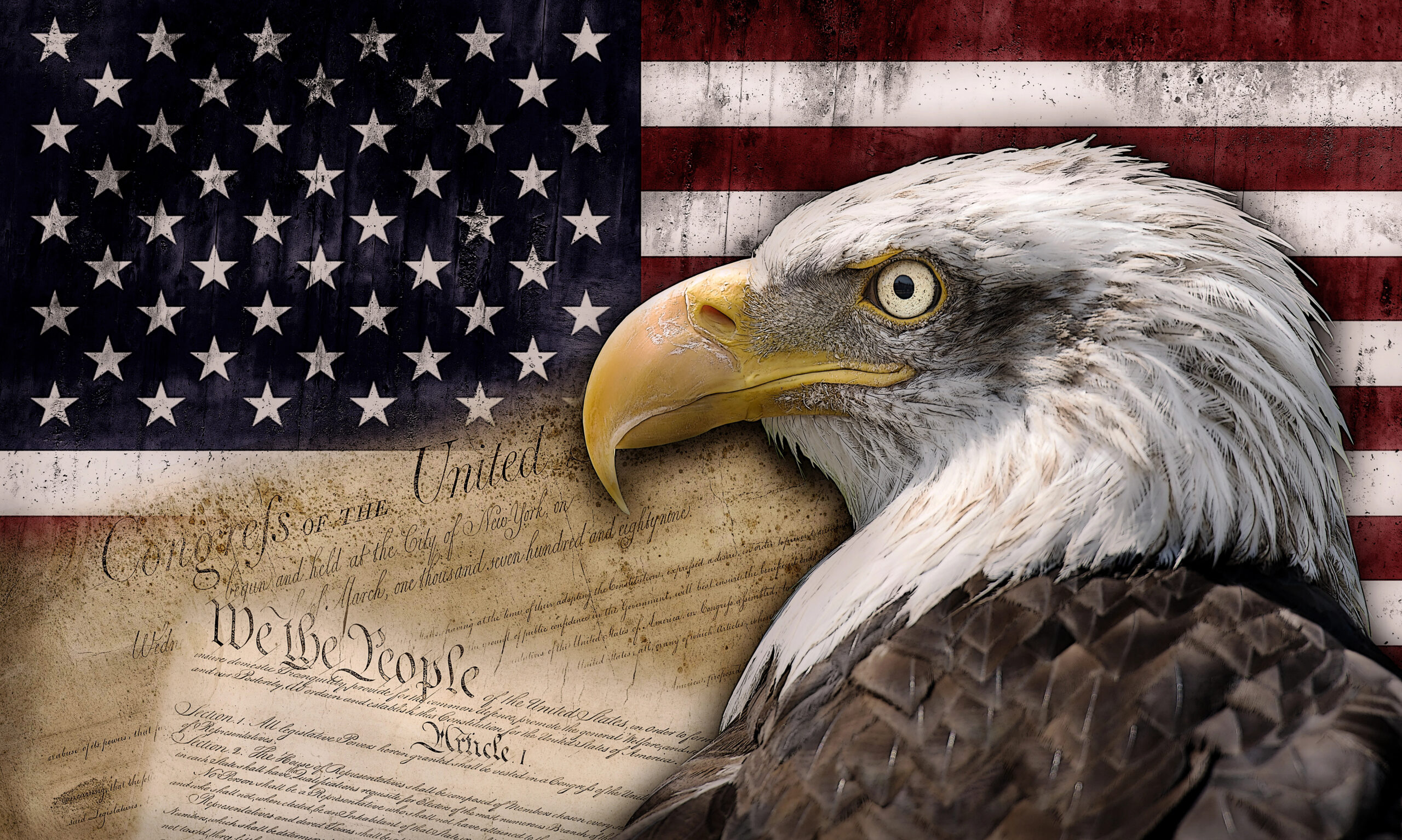
With the start of a new year, many churches need to begin the process of organizing important legal documents, while other churches need to ensure that systems they have set up in the past are still working well. Here are some practical reminders.
Obtain a heavy-duty locking file cabinet, preferably fireproof. CLA has received many calls from ministries which have lost all their important documents to fire. Insurance policies, mortgages, tax records, tithing records, and attendance records—many of them irreplaceable—have all literally gone up in smoke. Fireproof storage, though a little more expensive, will save the time and expense of replacing records on which a ministry depends.
It is also important that the file cabinet have a good lock. Store at least one key (or a lock combination) off-site in a secure location. Many records, such as counseling and tithing records, are private and should be protected from one who unintentionally opens the wrong file drawer in search of another document which may not be as private.
Make sure important documents are filed clearly. Ministries can have a wide array of important documents, so the list that follows is designed not to be all-encompassing but to bring to mind what your ministry might need to file in an easily accessible and safe location.
• Contracts for alarm systems
• Contracts for maintenance
• Incident reports for the church and the Christian school
• Insurance documents, including pastor’s life insurance, property insurance, and vehicle insurance
Having legally significant documents is great—but it doesn’t help you if you can’t find them! Due to staff turnover, your filing system should be written down somewhere.
January is a great time to make certain that your filing system is organized—and to be sure there is a written record explaining where things can be found. Tasks like this may seem insignificant, but if you are ever involved in a case, it is unbelievably helpful to have these seemingly small details in order.
Make sure your computer files are securely backed up. You do not want to lose countless documents due to a computer crash! It would be wise to invest in secure cloud backups as well as purchasing sufficient external hard drives to hold complete copies of all data. Be sure the cloud service is backing up regularly, and set a schedule for updating the physical hard drives. Keep one physical hard drive in a fireproof filing cabinet; store the other at a secure off-site location.
Many churches have never taken the time to organize their documents and data as described above, but it is impossible to overstate the importance of having these systems in place and also of regularly updating the information. If a staff member has been assigned this task, the beginning of a new year would be a great time to say something like, “Today, I’d like to set up a time for us to review the church document filing system.” This is an easy way for church leaders to have a current picture of where materials are stored, whether physical or digital. If a staff member becomes overwhelmed with tasks, keeping track of church documents is something that might not be appropriately prioritized.
If you have any questions about your church documents and what the legal requirements for document retention are, please contact our offices. The Christian Law Association is privileged to stand with Bible-preaching churches and Christian ministries. We are happy to do everything possible to keep your ministry legally safe.










